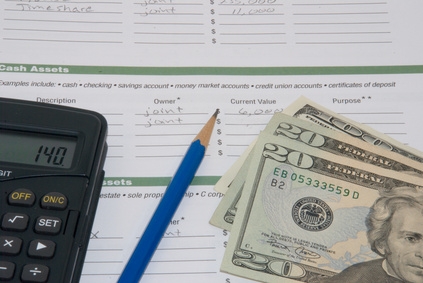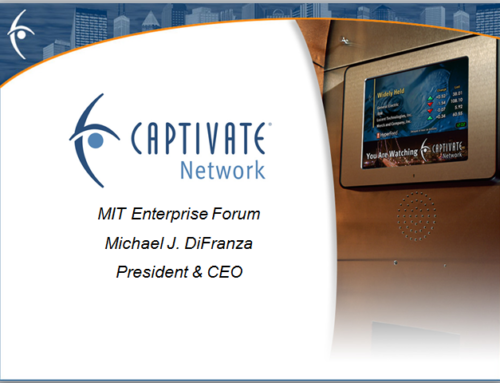When we talk about analyzing the value of a company or a capital investment in equipment, R&D projects, new plants, new machinery, or future ventures into new markets as well as expansion and inclusion of new activities, we have a various range of techniques to measure the capital investment appraisal.
Like Ian Giddy says, “finding a value for a company is no easy task — but doing so is an essential component of effective management. The reason: it’s easy to destroy value with ill-judged acquisitions, investments, or financing methods” (Giddy, 2006).
For valuating a business there are different ways and depends on the purpose and what we are evaluating: a private company, valuating an acquisition target or valuating a company in distress. Between the most common techniques we have: Assets-Based Methods, Using Comparable, Free Cash Flow Method, Option- Based Valuation and Special Applications (Giddy, 2006), and within Cash Flow we have Net Present Value, Internal Rate Return, Profitability Index and Payback (Money-Zine, 2007).
As we see there are lots of techniques to evaluate and of course none of them is foolproof alone, we need to use them together to get an approximate or accrued value.
But in these days, the company Facebook is planning for 2012 an Initial Public Offering (IPO) that could value the firm in $ 100 billion, and it seem that the most important method to get that value is the actual auction number from SecondMarket, that means, with only the 0.135 percentage of Facebook traded through SecondMarket (Stat Spotting, n.d.) we calculate the astronomic value of the company? Others say that the valuation is related with the revenue multiple ratios, in this case, for 2013 the Facebook´s expected profits rise to $ 5 billion ($ 4 billion for 2012), using this valuation formula for internet companies -20 times earnings, about the same as Google´s- (Gustin, 2011) Facebook valuation agrees with the $ 100 billion. Something to consider, On January 2011 the company raised $ 1.5 billion from investors including Goldman Sachs and Digital Sky Technologies, this was done at a valuation of 50 billion (Cauwels & Sornette, 2011). So, it seems that Facebook worth that amount?
David Dietze, President and Chief Investment Strategist of Point View Financial, thinks a more reasonable valuation for Facebook would be a sales multiple of fewer than 10, which would imply a value of $ 40 billion for 2012 (CNBC, 2011), clearly, he is seen some symptoms of the past dot com bubble. He “still think back to 11 years ago when Yahoo first came public, and it got as high as a $150 a share and that’s exactly what they said about Yahoo – that this was the future of the internet. Right now, it sits at $15, it’s never paid a dime in dividends”.
The important thing is that we have various and deep tools to evaluate and calculate the value of companies, but to make huge investment decisions like the example of Facebook, we use the simplest one: multiple of the actual revenue of a company?
Sources:
Giddy, Ian (2006). Methods of Corporate Valuation. Retrieved on December 6, 2011 from http://people.stern.nyu.edu
Money-Zine (2007). Evaluating Cash Flow Results. Retrieved on December 6, 2011 from http://www.money-zine.com
Stat Spotting (n.d.). The Truth About Facebook´s Valuation Numbers. Retrieved on December 6, 2011 from http://statspotting.com
Gustin, Sam (2011, 12). Is Facebook Really Worth $ 100 Billion? Wired. Retrieved on December 6, 2011 from http://www.wired.com
Cauwels & Sornette (2011,10). Quis pendit ipsa pretia:facebook valuation and diagnostic of a bubble based on nonlinear demographic dynamics. Swiss Financial Institute. Retrieved on December 6, 2011 from http://papers.ssrn.com
CNBC (2011, 6). Facebook Valuation Nowhere Near $ 100 Billion Analyst. Retrieved on December 6, 2011 from http://www.cnbc.com






Leave A Comment